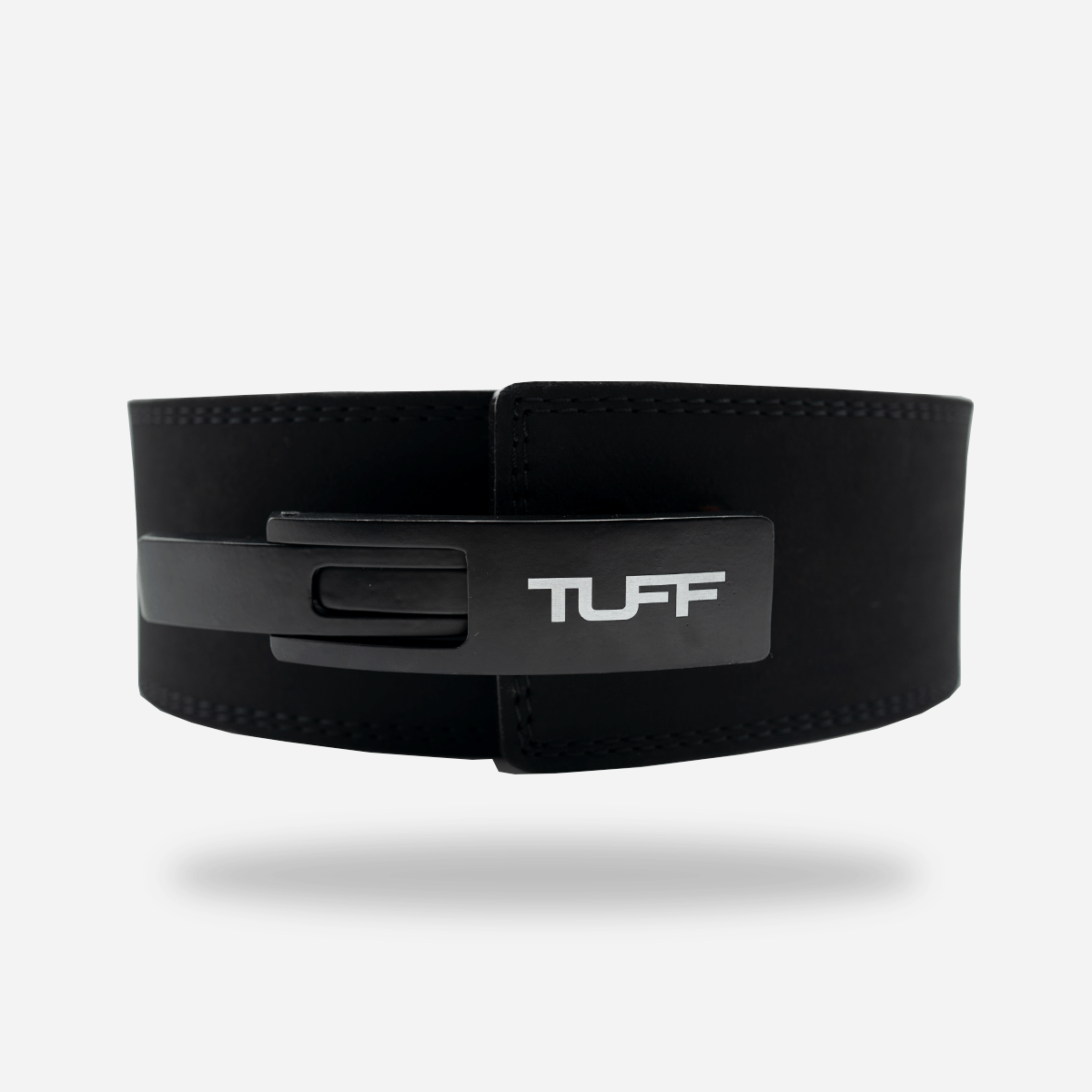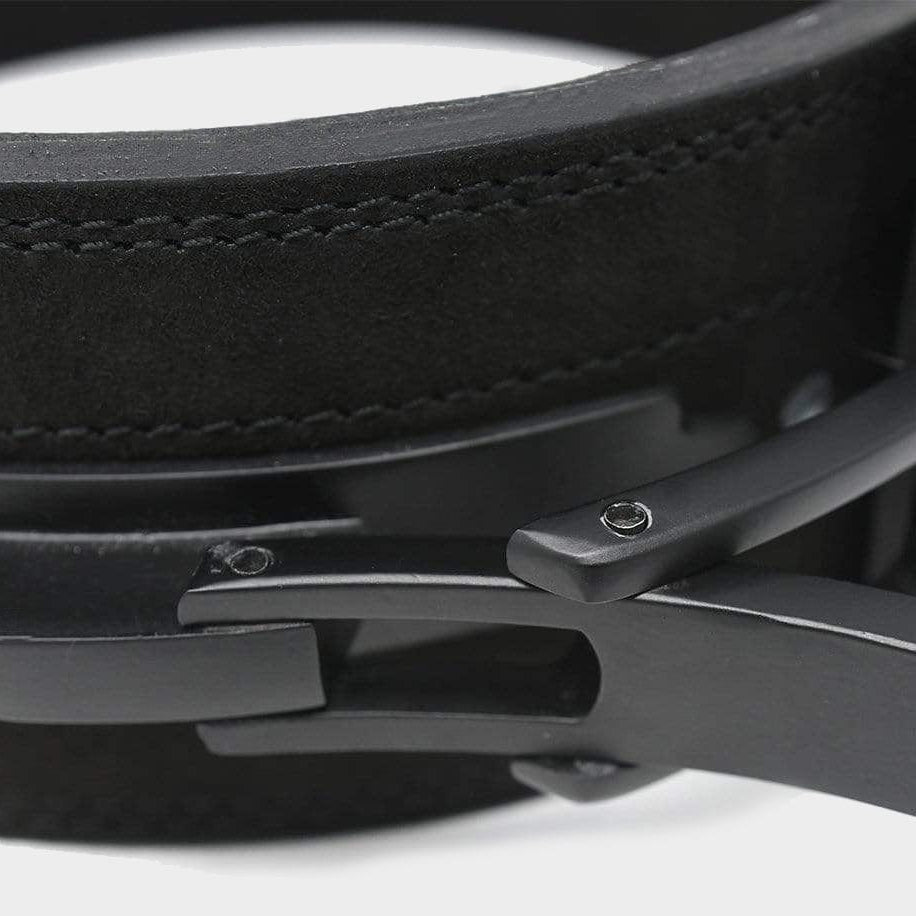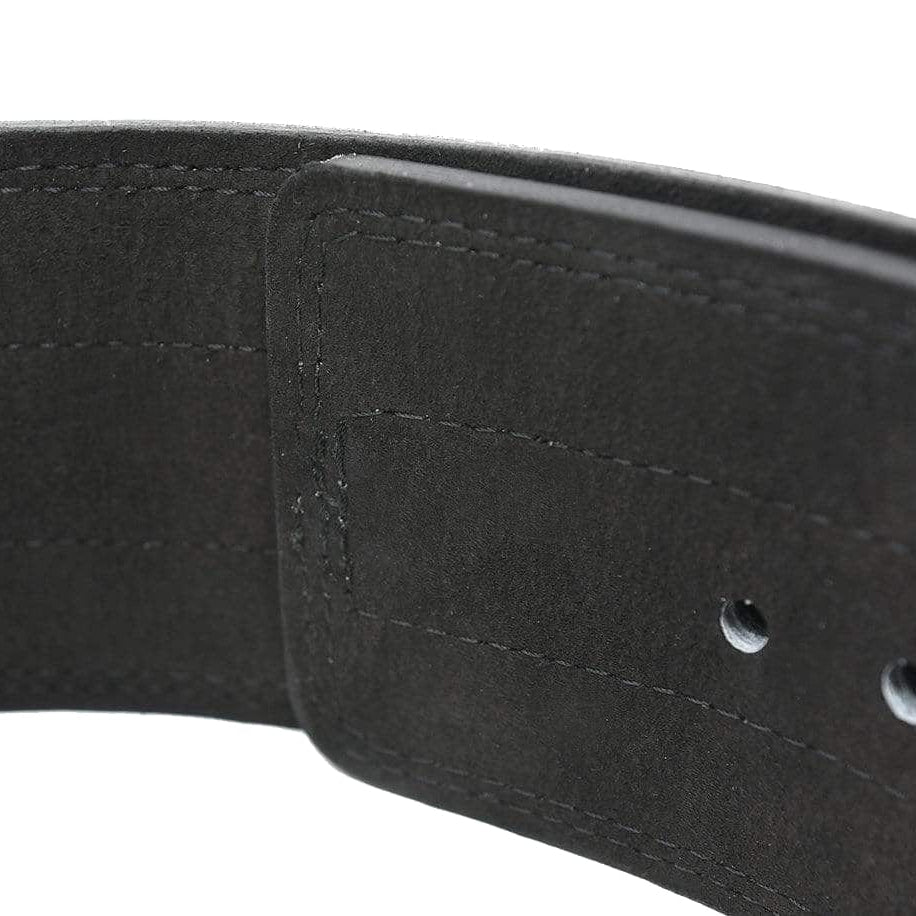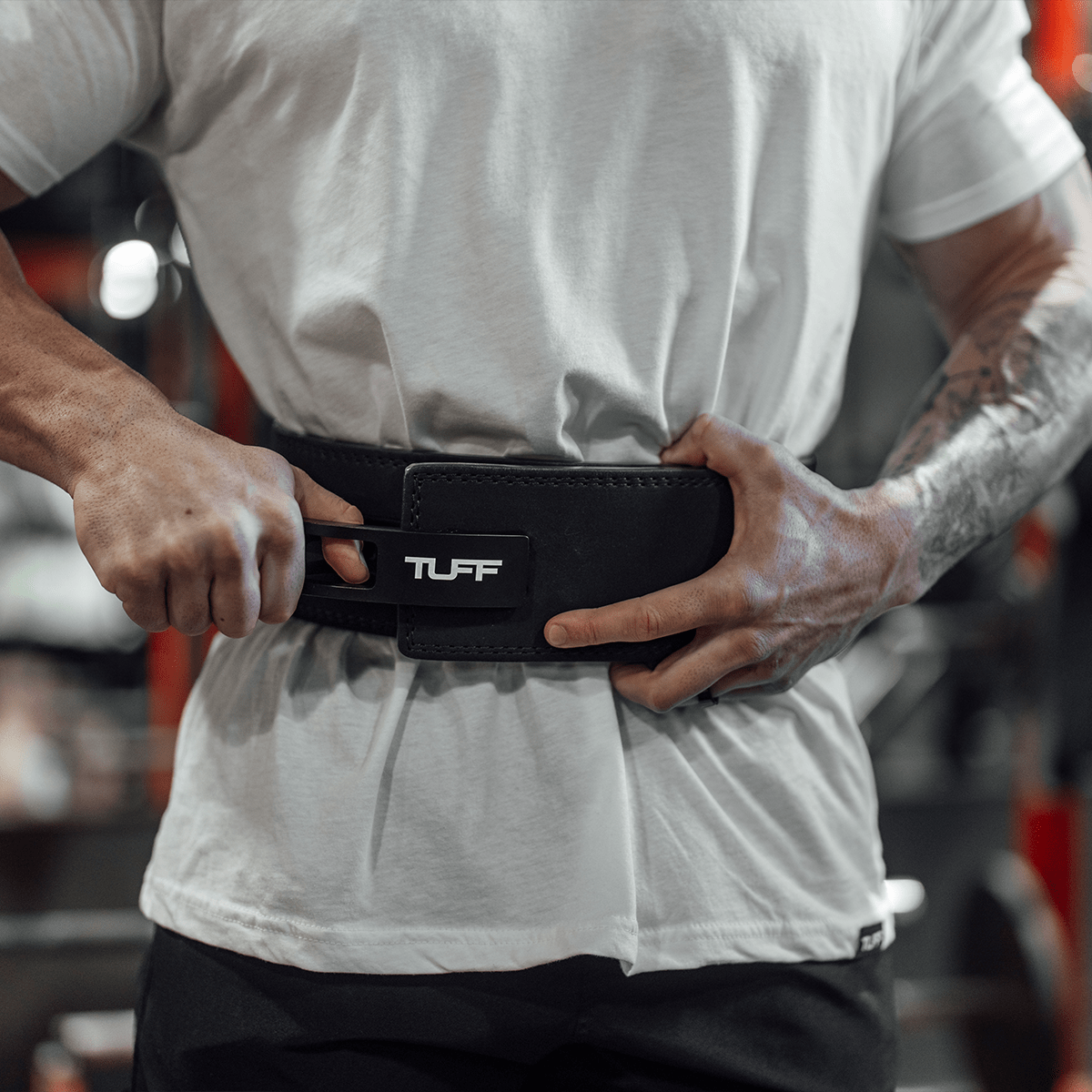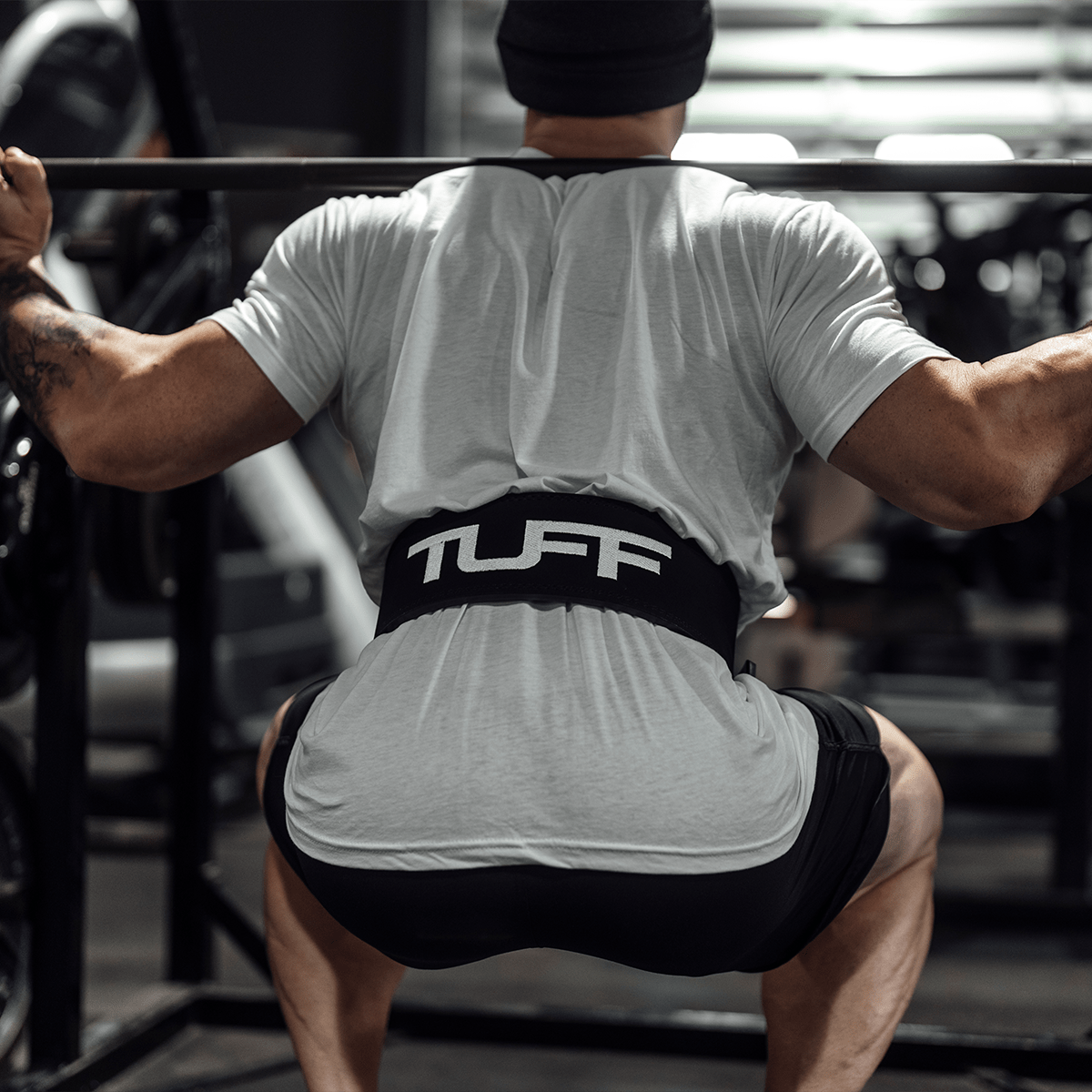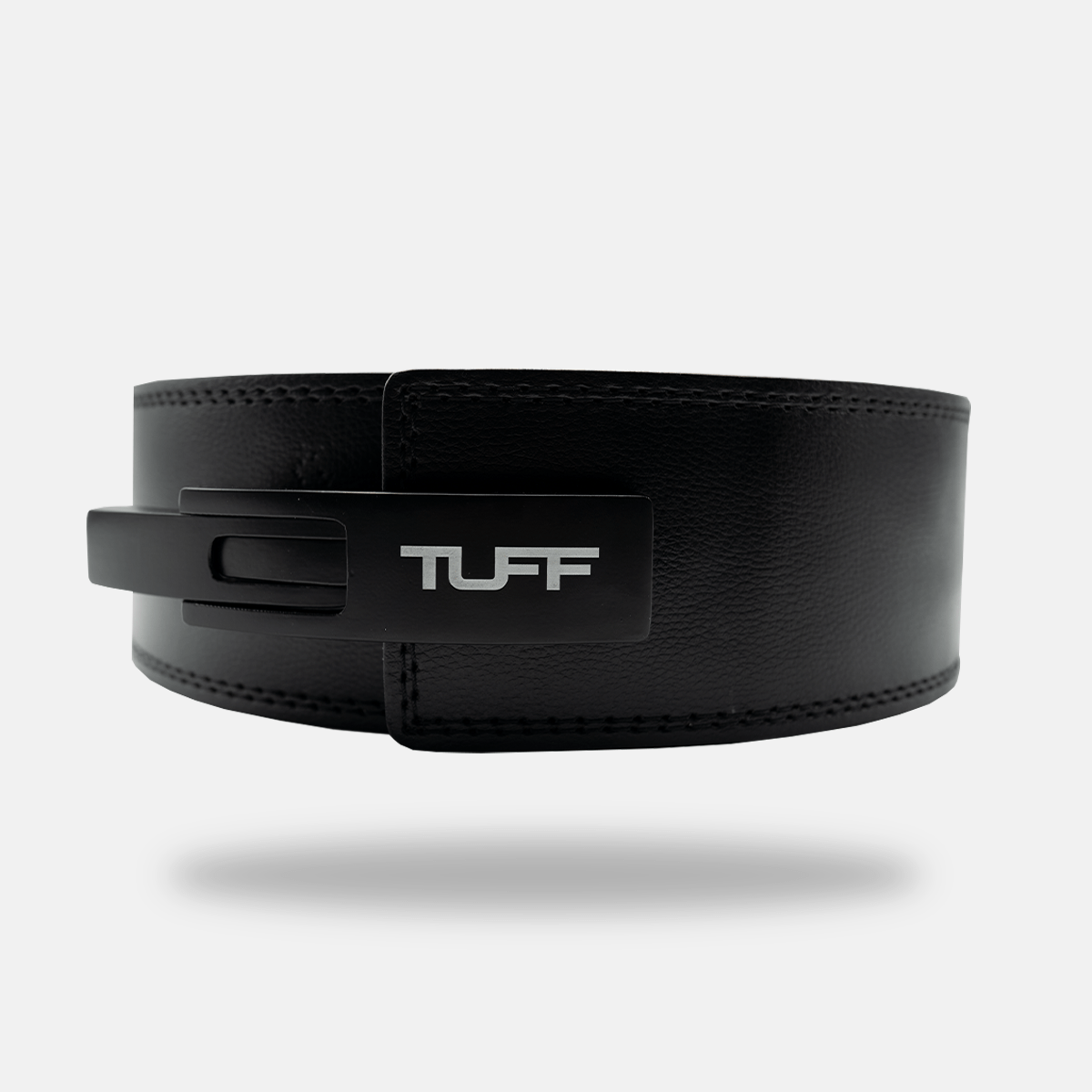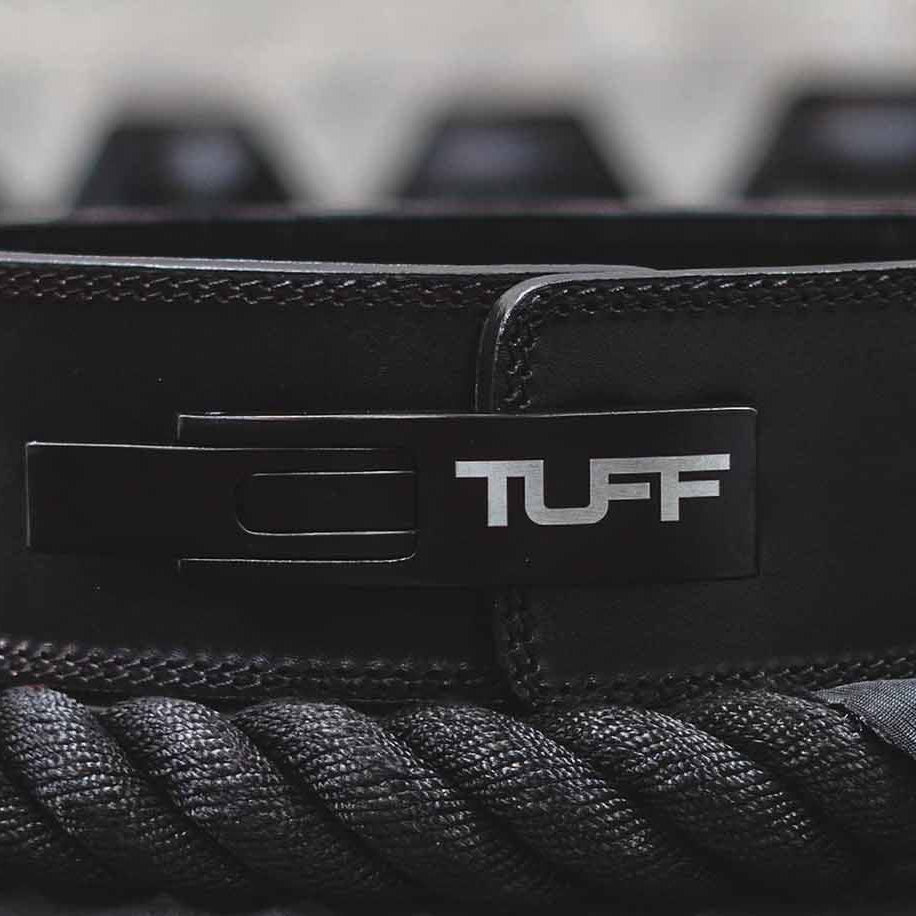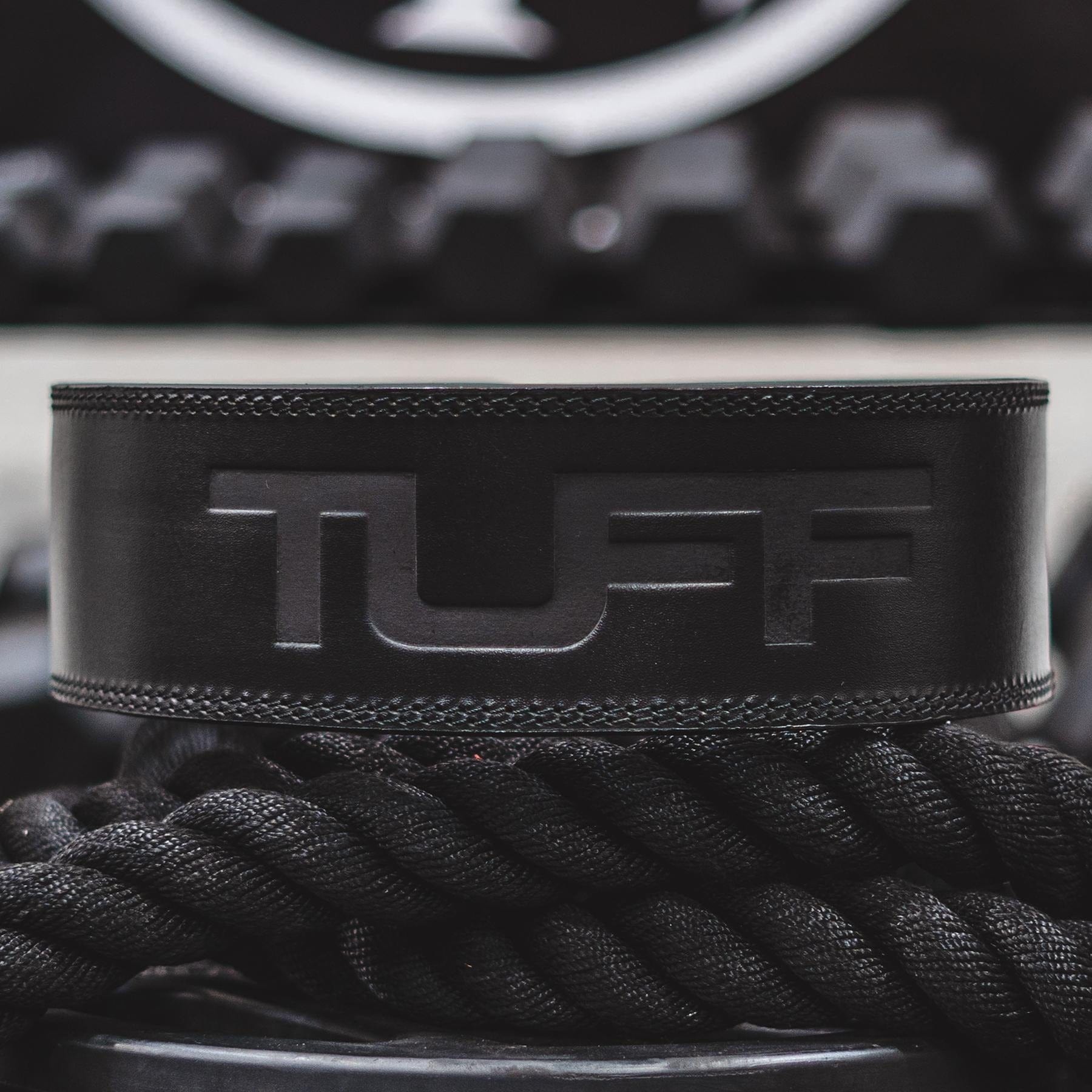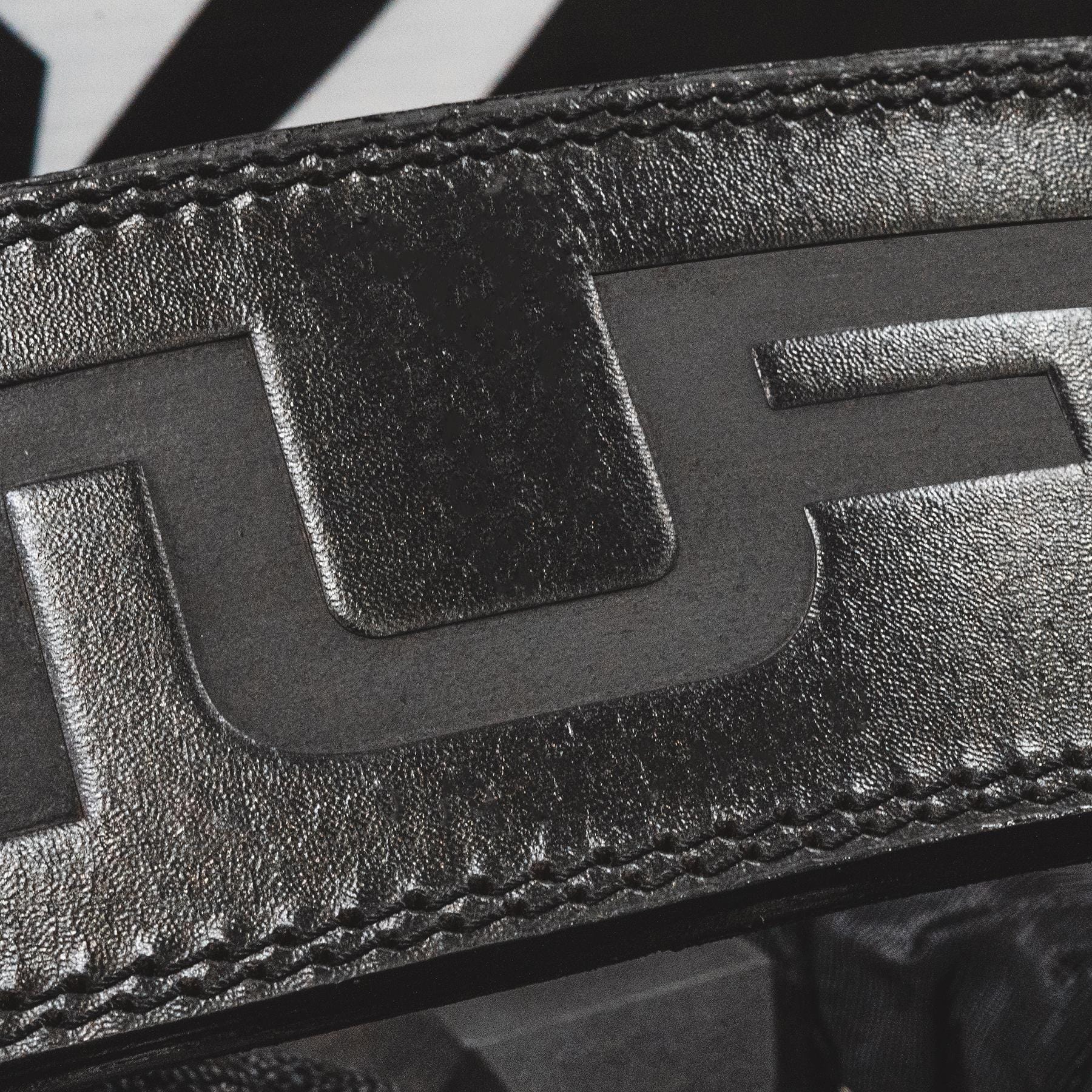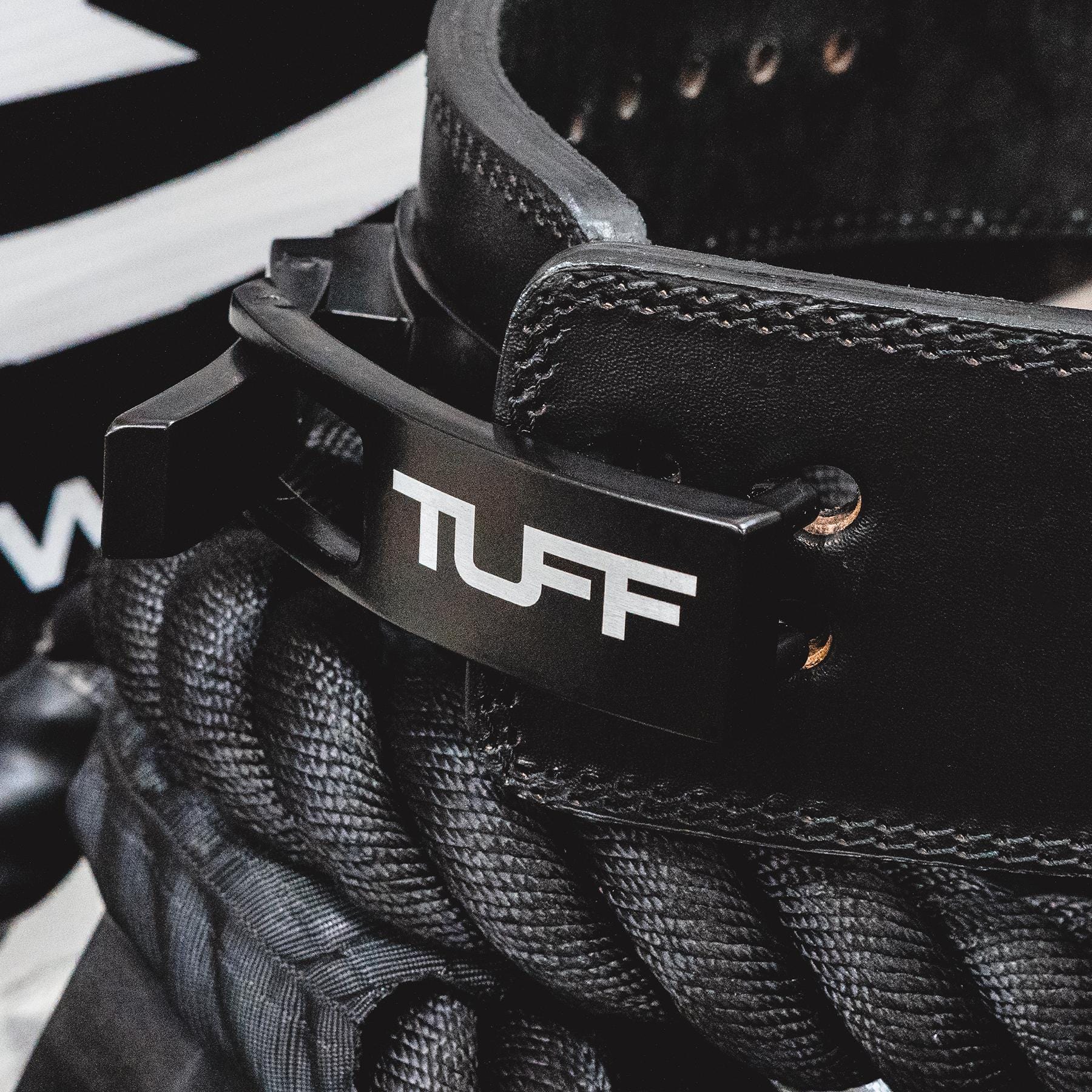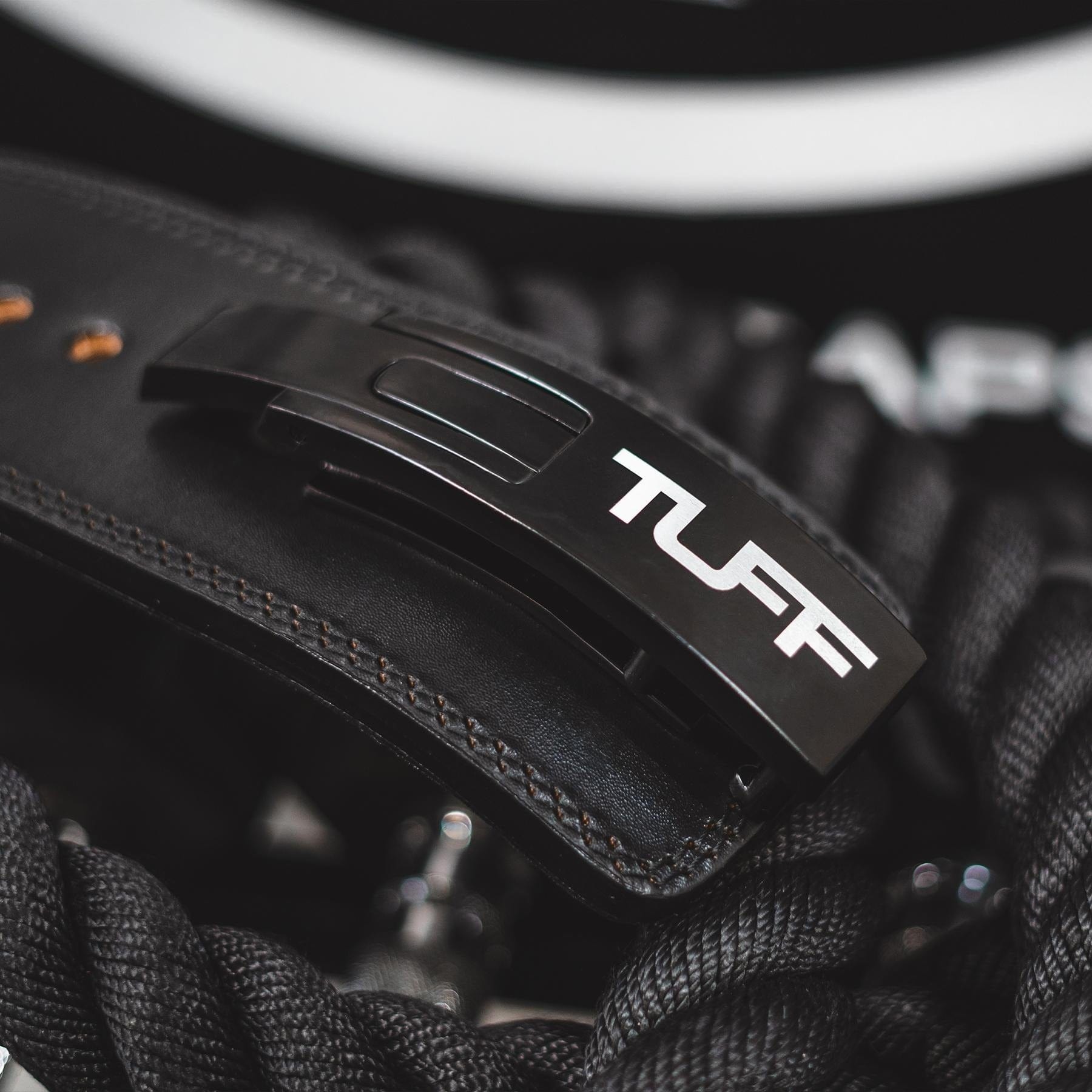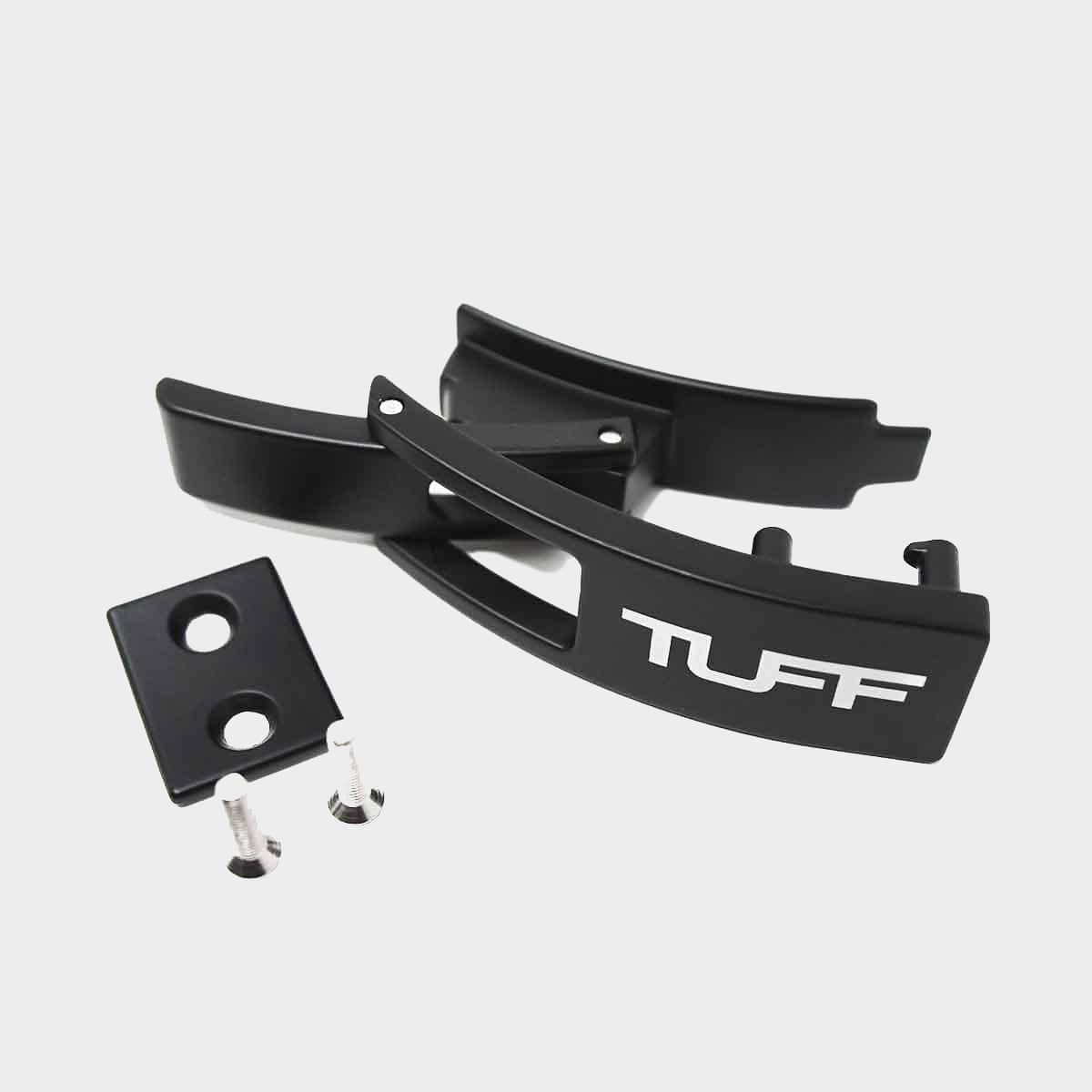Powerlifting Belts
Frequently Asked Questions About Lever Belts
What are lever belts good for?
Lever belts are primarily designed for powerlifting and heavy weightlifting. They provide excellent support to the lower back and abdominal area, helping to stabilize the core during lifts. Lever belts are particularly useful for exercises like squats, deadlifts, and bench presses.
Key Benefits:
Are lever belts worth it?
In terms of functionality and ease of use, many athletes find lever belts to be worth the investment. The quick-release lever mechanism allows for easy adjustments, making it convenient to tighten or loosen the belt between sets. If you’re serious about weightlifting or powerlifting, a high-quality lever belt can be a valuable addition to your gear.
Value Factors:
Why are lever belts so expensive?
Lever belts are often made from high-quality materials like genuine leather and feature a robust lever mechanism. The craftsmanship and materials contribute to the higher cost. However, considering their durability and functionality, many find the investment justified.
Cost Factors:
Should I get a lever or single prong belt?
Choosing between a lever belt and a single prong belt depends on your specific needs. Lever belts offer quick adjustments but are generally less adjustable overall. Single prong belts offer more precise sizing but can be slower to adjust.
Comparison Table:
| Feature | Lever Belt | Single Prong Belt |
|---|---|---|
| Ease of Use | High | Moderate |
| Adjustability | Moderate | High |
| Speed of Adjustment | Quick | Slower |
What are the cons of lever belts?
While lever belts offer many advantages, they do have some drawbacks. They are generally less adjustable compared to prong belts, and if the lever mechanism fails, the entire belt becomes unusable.
Drawbacks:
When should I start using a lever belt?
You should consider using a lever belt when you start lifting heavier weights and require additional core and back support. It’s essential to have a good understanding of lifting mechanics before relying on any belt.
Ideal Time to Start:
Is 10mm or 13mm lever belt better?
The choice between a 10mm and a 13mm lever belt depends on your lifting style and comfort preference. A 13mm lever belt offers more support but can be less comfortable, while a 10mm belt provides adequate support with more comfort.
-
Thickness Comparison:
- 10mm: More comfort, adequate support
- 13mm: Maximum support, less comfort
Can you Olympic lift with a lever belt?
Yes, you can use a lever belt for Olympic lifts, but it may not be the most suitable option. Olympic lifting often requires more flexibility and range of motion, which a lever belt might restrict.
Suitability:
Do bodybuilders use lever belts?
Bodybuilders do use lever belts, but generally, for specific exercises that put a lot of strain on the lower back. They are less commonly used throughout an entire bodybuilding workout.
Usage in Bodybuilding:
Do lever belts need to be broken in?
Yes, like any high-quality leather product, lever belts often require a break-in period to reach optimal comfort and fit.
Break-in Methods:
Do lifting belts prevent hernias?
While lifting belts, including lever belts, can provide additional support, they are not designed to prevent hernias. Proper lifting technique is crucial for hernia prevention.
Health Considerations:
Can you squat with a lever belt?
Absolutely, squats are one of the primary exercises where a lever belt can provide significant benefits. The belt helps in stabilizing the core and supporting the lower back during the lift.
Benefits in Squats:
Does a lever belt help with bench press?
Yes, a lever belt can help stabilize your core and maintain better body positioning during bench press, potentially improving your performance.
Bench Press Benefits:

